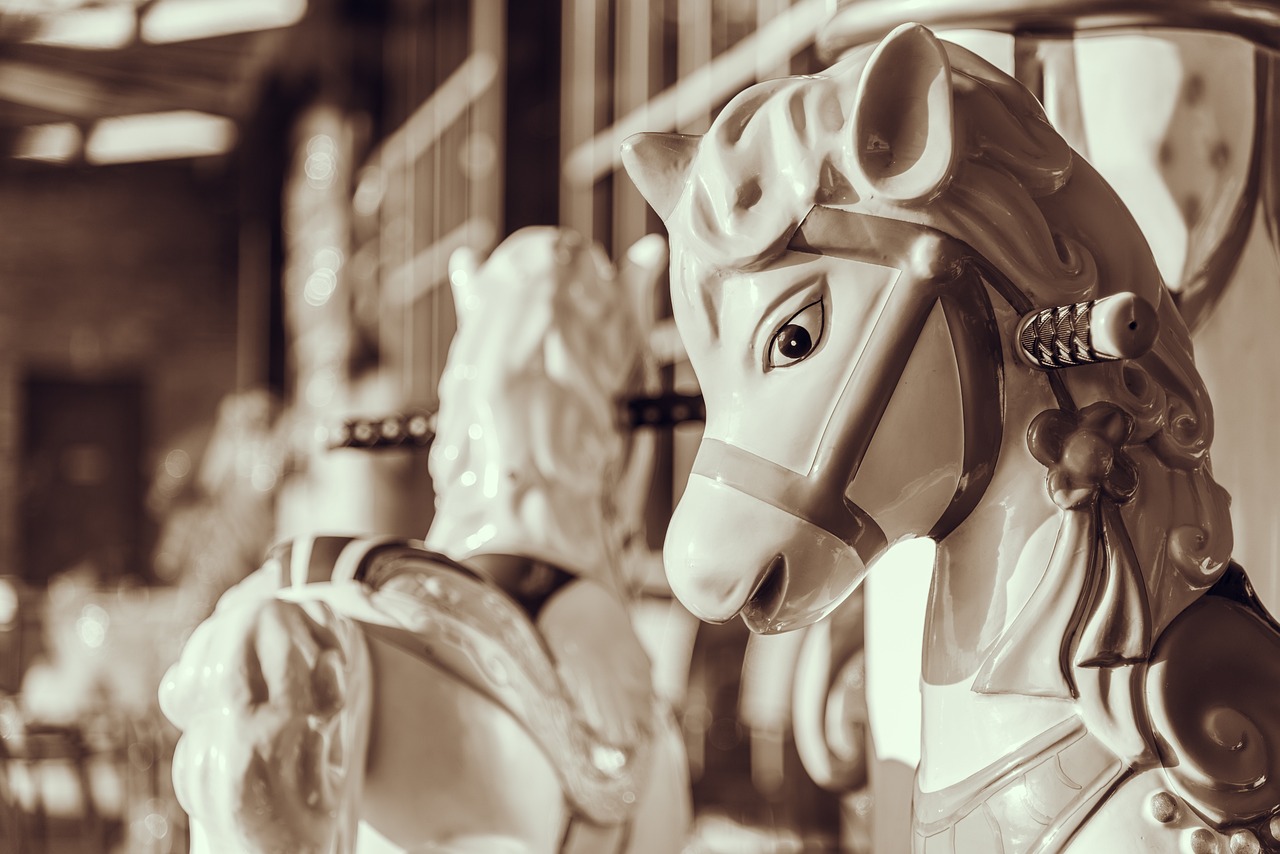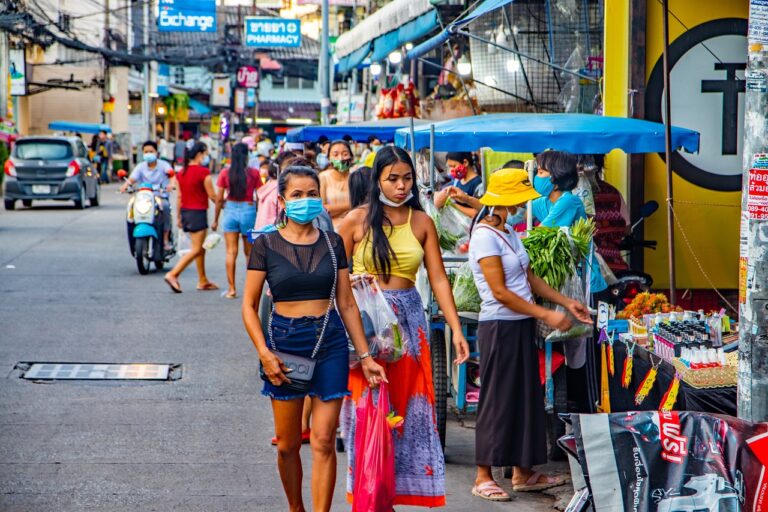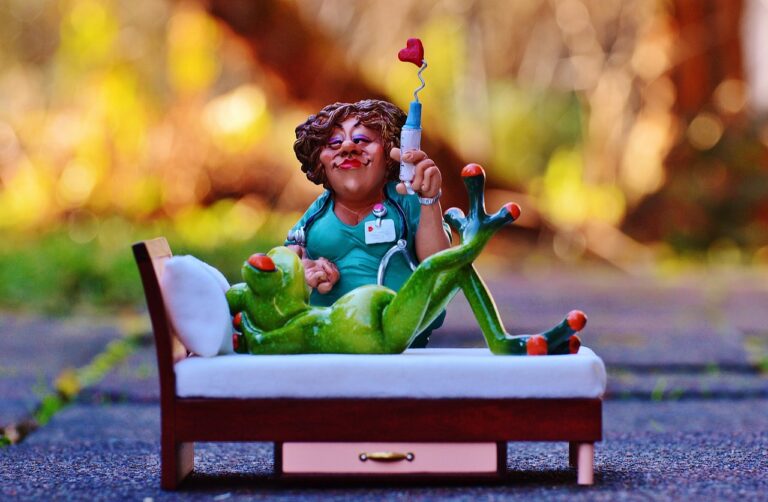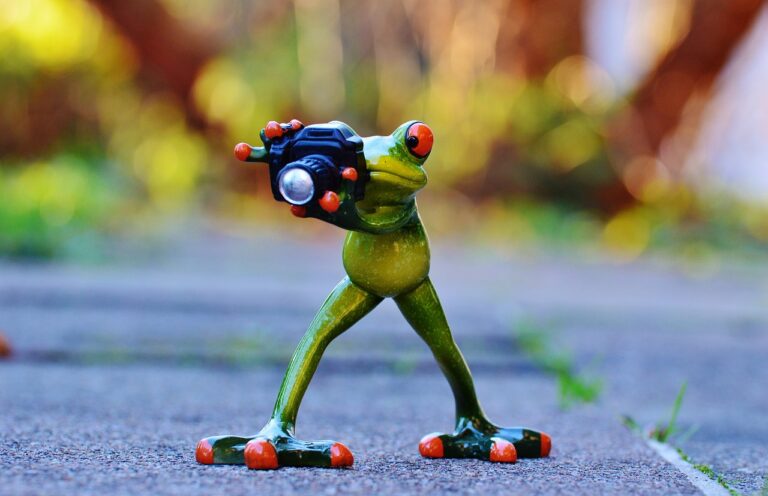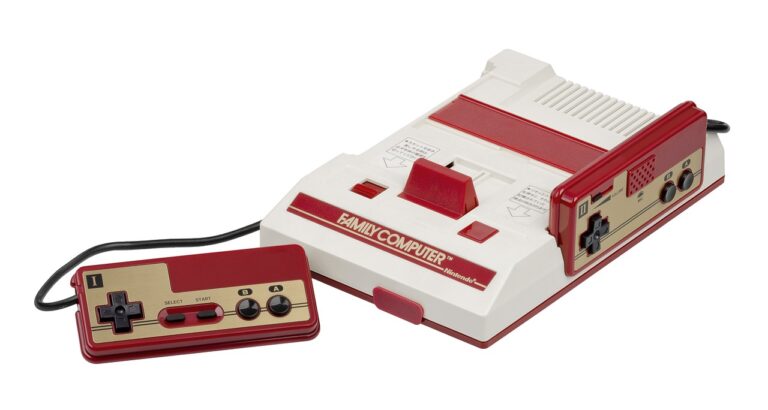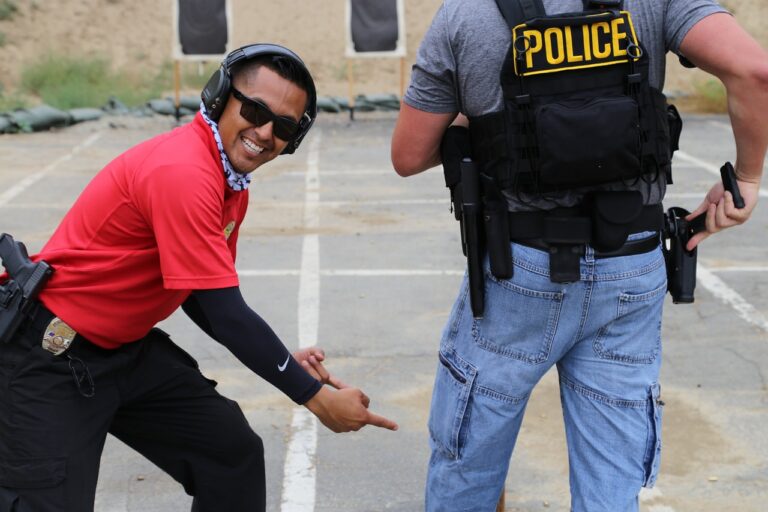Reality TV and Disability Representation: Breaking Barriers and Stereotypes
11 x play login, india24bet, Skyfairs Signup: Reality TV and Disability Representation: Breaking Barriers and Stereotypes
Reality television has become a staple in modern entertainment, with a wide variety of shows covering everything from cooking competitions to dating shows. However, one area that has seen significant improvement in recent years is the representation of people with disabilities on reality TV.
In the past, people with disabilities were often portrayed in a negative light on reality TV, with their disabilities being used as a source of drama or pity. This perpetuated harmful stereotypes and failed to show the full range of experiences and abilities of individuals with disabilities.
Thankfully, in recent years, there has been a shift towards more positive and authentic representation of people with disabilities on reality TV. This has been an important step in breaking down barriers and challenging stereotypes, showing that people with disabilities are just as capable, talented, and deserving of recognition as anyone else.
One prime example of this shift is the success of shows like “Born This Way,” which follows a group of young adults with Down syndrome as they navigate life, love, and work. The show has been praised for its honest and heartfelt portrayal of the cast members and has helped to challenge stereotypes about people with disabilities.
Another example is the inclusion of individuals with disabilities on popular competition shows like “America’s Got Talent” and “Survivor.” These shows have showcased the talents, strength, and resilience of contestants with disabilities, demonstrating that they can compete on an equal playing field with their able-bodied counterparts.
By including people with disabilities in a wide range of reality TV shows, producers and networks have the opportunity to educate viewers, challenge stereotypes, and inspire others. Representation matters, and when people see individuals with disabilities succeeding and thriving on screen, it can have a powerful impact on how they view and interact with people with disabilities in the real world.
In conclusion, reality TV has the potential to be a powerful tool for breaking down barriers and challenging stereotypes surrounding people with disabilities. By featuring authentic and positive representation of individuals with disabilities, these shows can help to shift societal perceptions and promote inclusivity and acceptance.
FAQs
Q: Are reality TV shows featuring people with disabilities just a passing trend?
A: It is our hope that the inclusion of people with disabilities on reality TV is not just a passing trend, but rather a lasting shift towards more diverse and inclusive representation in all forms of media.
Q: How can viewers support and advocate for better representation of people with disabilities on reality TV?
A: Viewers can support shows that feature people with disabilities, advocate for more diverse casting choices, and engage in conversations about the importance of authentic representation.
Q: What impact does positive representation of people with disabilities on reality TV have on society?
A: Positive representation can help to challenge stereotypes, promote inclusivity, and inspire others to see the abilities and strengths of individuals with disabilities.

